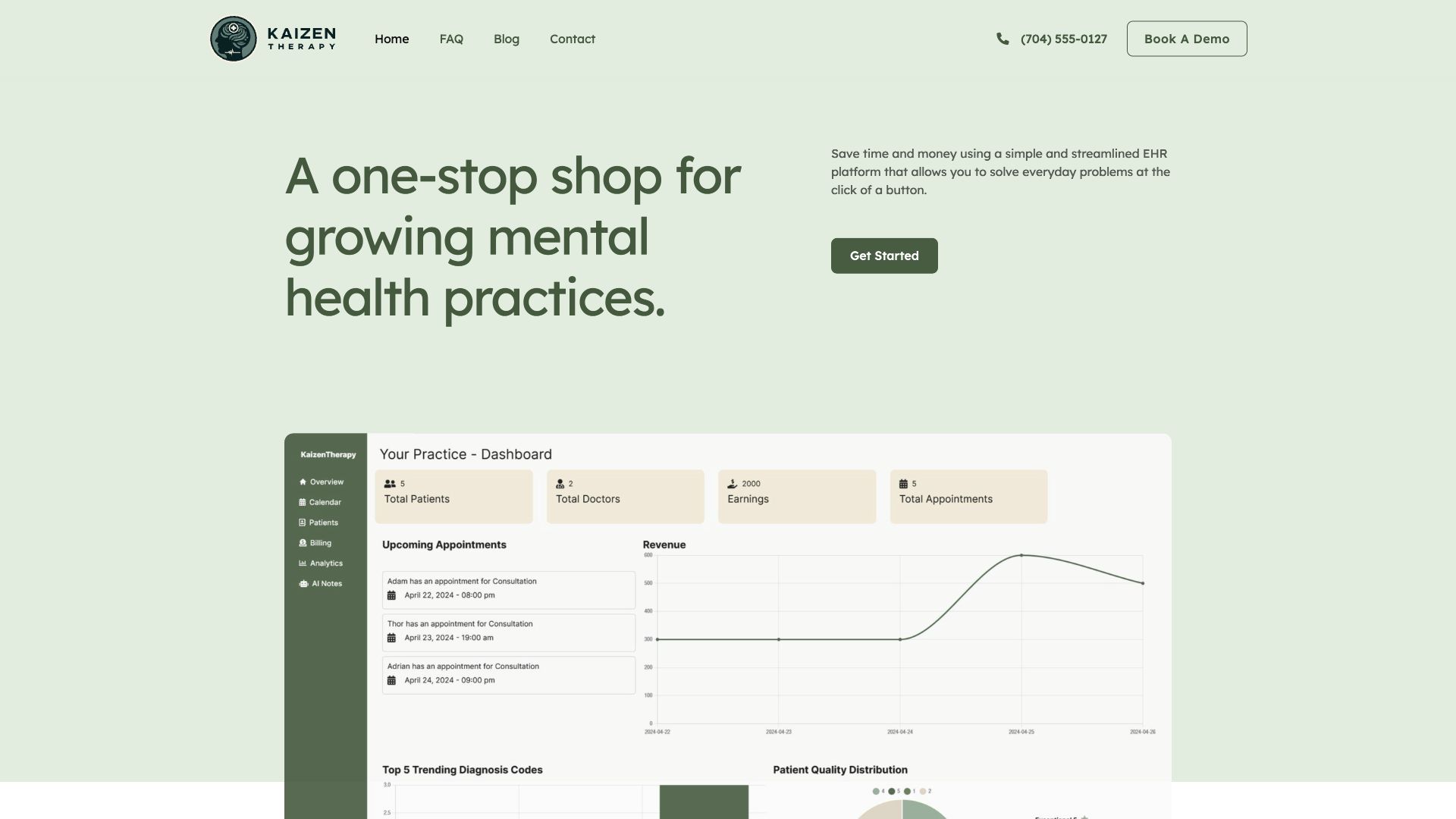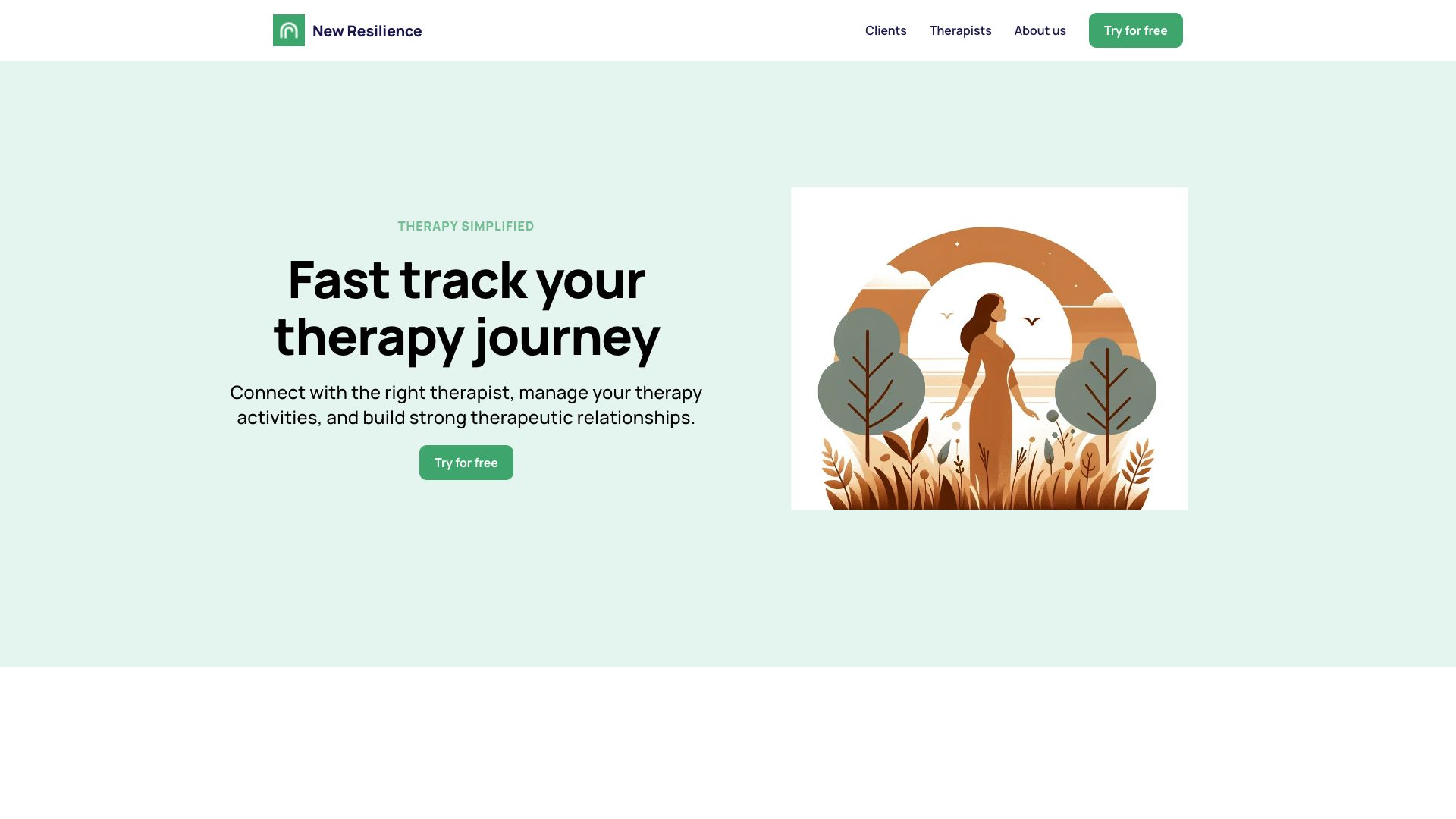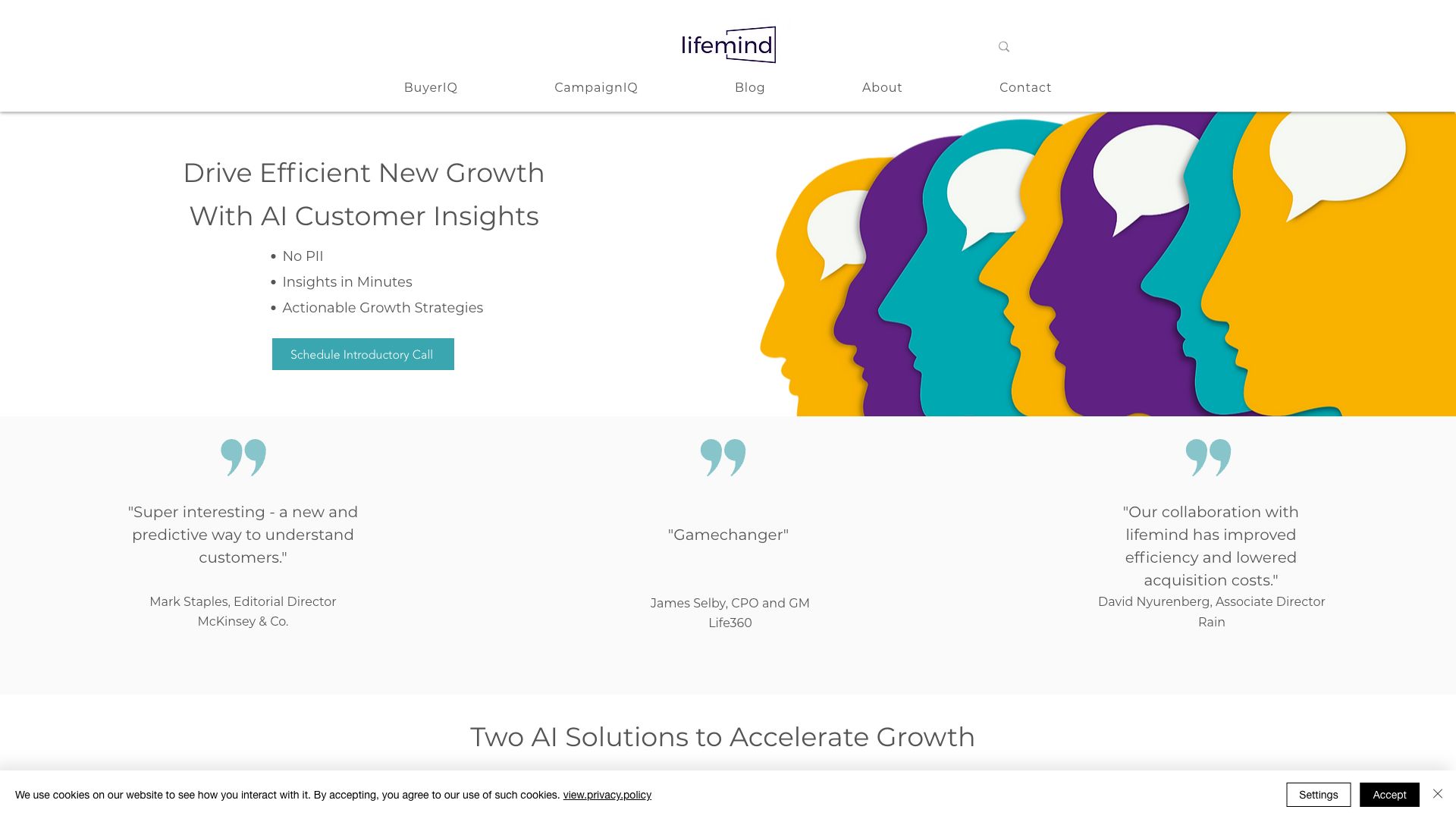Awesome Mental Health Tools in 2024
Discover the awesome 3 AI tools for 2024 By Candytools
Save time & money with Kaizen Therapy's EHR. Streamlined appointments, client mgmt, AI notes, analytics & billing. Flat fee, therapist-based pricing. Grow your practice efficiently.
We provide a platform to connect you with the right therapist, manage your therapy activities, and build strong therapeutic relationships.
LifeMind.ai provides accessible and personalized mental well-being support through its AI-powered therapy companion. Track your mood, access coping mechanisms, and engage in therapeutic conversations, all within a secure and confidential platform.
More AI Tools Categories
What is Mental Health?
What is Mental Health?
Mental health is a state of well-being in which an individual:
- Realizes their own abilities: They understand and appreciate their strengths and weaknesses.
- Copes with the normal stresses of life: They can manage everyday challenges and adapt to changes.
- Works productively and fruitfully: They can contribute to society and feel a sense of accomplishment.
- Is able to make a contribution to their community: They can connect with others and build healthy relationships.
It's important to understand that:
- Mental health is not simply the absence of mental illness. Just like physical health, mental health exists on a spectrum. We all have mental health, and it can fluctuate throughout our lives.
- Mental health is influenced by a complex interplay of factors, including biological factors, life experiences, and social determinants of health.
When mental health is challenged:
Individuals may experience difficulties in:
- Thinking clearly: Difficulty concentrating, making decisions, or remembering things.
- Managing emotions: Feeling overwhelmed by sadness, anger, anxiety, or fear.
- Relating to others: Withdrawing from social interactions or experiencing difficulties in relationships.
- Functioning in daily life: Difficulty sleeping, eating, maintaining personal hygiene, or completing daily tasks.
It's important to remember that:
- Seeking help for mental health concerns is a sign of strength, not weakness. Many effective treatments and support systems are available to help individuals regain their well-being.
- Everyone deserves good mental health.
- We can all play a role in promoting positive mental health. By talking openly about mental health, reducing stigma, and supporting those around us, we can create a more supportive and understanding environment for everyone.
If you or someone you know is struggling with their mental health, please reach out for help. There are many resources available, including:
- Your primary care physician: They can provide a referral to a mental health professional.
- Mental health hotlines: These offer confidential support and resources.
- Mental health organizations: They provide information, support groups, and advocacy.


